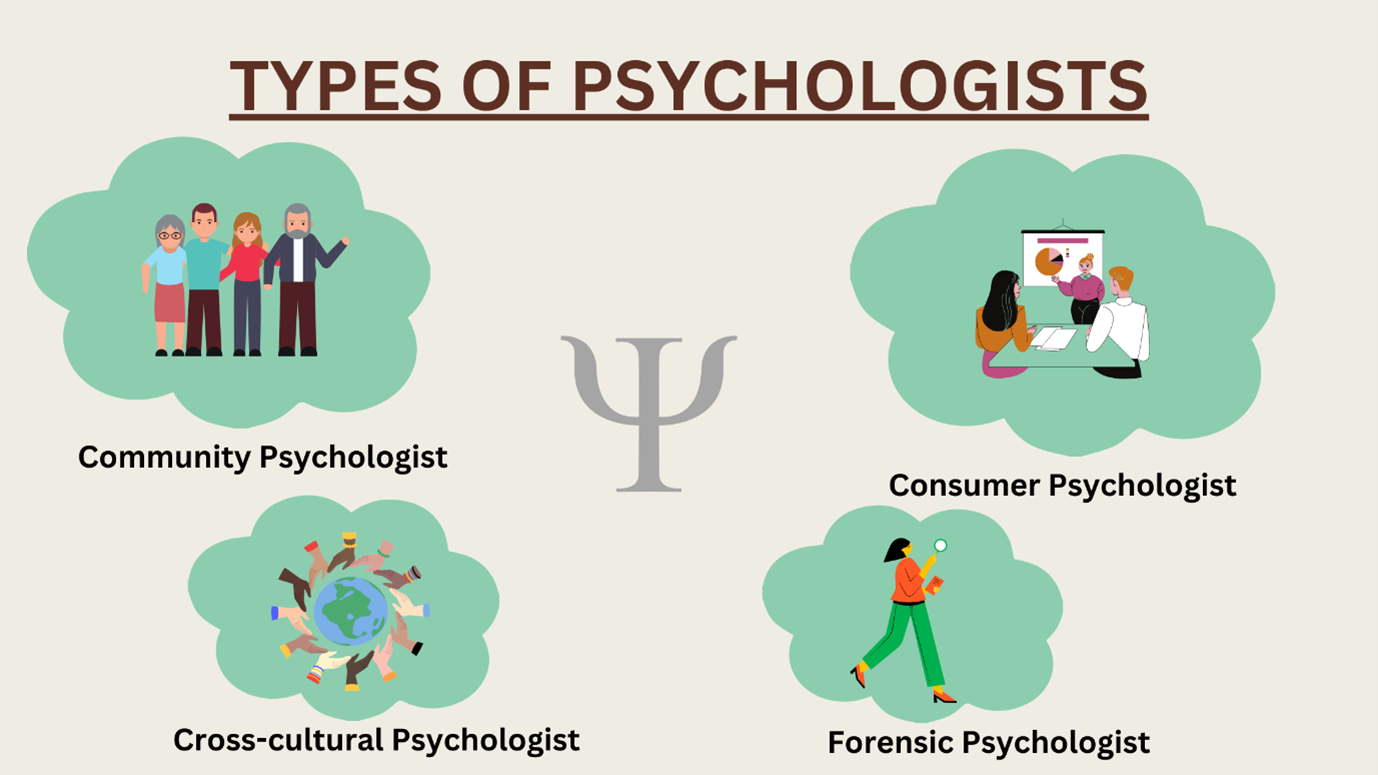Why the Best Psychologist in Delhi Can Change Your Psychological Wellness
Psych Therapy: A Comprehensive Guide to Results and strategies

Cognitive-Behavioral Treatment
Cognitive-Behavioral Therapy (CBT) is a commonly utilized psychotherapeutic approach that concentrates on recognizing and modifying dysfunctional thinking and behavior patterns. Created in the 1960s by Aaron T. Beck, CBT integrates cognitive and behavior theories to resolve different mental wellness problems, including clinical depression, stress and anxiety, and stress-related disorders. The property of CBT is that maladaptive ideas contribute to psychological distress and maladaptive habits. By restructuring these thoughts, people can achieve considerable renovations in their emotional well-being and daily functioning.
Methods such as cognitive restructuring, direct exposure therapy, and skill-building exercises are typically employed. Cognitive restructuring entails tough and altering unfavorable thought patterns, while direct exposure therapy intends to lower fear and anxiety with gradual direct exposure to been afraid objects or scenarios.
Evidence-based research supports the effectiveness of CBT for a vast array of emotional problems - Best Psychologist in Delhi. Its focus on skill purchase and self-help strategies equips customers to proceed development individually after treatment concludes. The flexibility and performance of CBT have actually made it a foundation in modern psychotherapeutic method
Psychodynamic Approaches
Rooted in the early theories of Sigmund Freud, psychodynamic strategies focus on discovering the subconscious mind and its influence on actions and emotions. These approaches aim to uncover hidden thoughts and feelings that may be driving maladaptive habits and psychological distress. Central to this method is the principle of internal problem, commonly originating from unsolved previous experiences, particularly those from childhood years.
Therapists utilizing psychodynamic techniques use numerous essential techniques, consisting of totally free association, where individuals are encouraged to talk easily to reveal subconscious material, and desire evaluation, which interprets the latent content of desires. In addition, the expedition of transference and countertransference dynamics within the restorative connection is important. These communications can offer understandings right into the individual's inner globe and relational patterns.
Psychodynamic treatment is commonly longer-term contrasted to various other techniques, offering a comprehensive and deep understanding of the individual's subconscious. Research study suggests that it can be particularly reliable for complicated mental health problems, such as individuality conditions and persistent depression. By cultivating self-awareness and psychological insight, psychodynamic treatment looks for to bring subconscious material to awareness, making it possible for individuals to accomplish meaningful and lasting modification in their lives.
Humanistic Strategies
Structure on the foundations laid by psychodynamic methods, humanistic techniques use a distinctive perspective concentrated on private prospective and self-actualization. site here Originating in the mid-20th century, these strategies prioritize the integral goodness and development possibility of individuals, emphasizing an alternative sight of human experience. Trick figures such as Carl Rogers and Abraham Maslow have actually dramatically influenced this therapeutic approach, which encompasses approaches like client-centered treatment and Gestalt therapy.
Client-centered treatment, developed by Rogers, plays an essential duty in humanistic strategies. The specialist's function is even more of a facilitator than an authority, motivating clients to harness their internal resources for healing.
Gestalt therapy, one more crucial humanistic strategy, emphasizes existing minute awareness and the integration of mind and body. By concentrating on the "present moment," clients gain higher insight into their present emotions and actions. Methods such as role-playing and directed visualization are typically employed to help clients gain a much deeper understanding of themselves, inevitably causing improved self-awareness and gratification.
Integrative Therapies
Integrative treatments stand for a synthesis of different healing strategies tailored to fulfill the one-of-a-kind requirements of each customer. This approach recognizes the intricacy of human psychology and the complex nature of mental health problems. By integrating elements from various schools of psychotherapy-- such as cognitive-behavioral treatment (CBT), psychodynamic therapy, and humanistic approaches-- integrative therapies supply an even more flexible and alternative treatment paradigm.
Practitioners of integrative treatment assess each client's particular requirements, signs, and personal history to develop a personalized therapy plan. This personalized method improves the potential for therapeutic success by dealing with the source of psychological distress and advertising total health. Methods may include mindfulness exercises, cognitive restructuring, and emotional handling, each chosen to target different aspects of the customer's concerns.
Moreover, integrative treatments highlight the therapeutic relationship, watching the client-therapist bond as a vital part of efficient treatment. This partnership fosters a supportive environment where customers feel safe to discover and address their problems. The versatility of integrative therapies makes them ideal for a broad array of conditions, including anxiety, clinical depression, trauma, and social problems, thereby boosting their applicability and effectiveness in varied medical setups.

Measuring Treatment Results
Evaluating the performance of psychotherapy is crucial for both medical professionals and clients to make sure that the treatment is generating the desired end results. To achieve this, numerous methods and devices are employed to determine treatment outcomes methodically. Standardized evaluation tools, such as the Beck Depression Stock (BDI) and the Generalized Anxiousness Condition 7 (GAD-7), give quantitative data on signs and symptom severity and modifications over time.
Along with standard tools, qualitative methods like client self-reports and professional interviews provide beneficial understandings into the personal experiences and viewed progression of clients. On a regular basis set up assessments, normally at the start, omphalos, and end of therapy, assistance in tracking the trajectory of renovation or recognizing locations needing adjustment.
Result measurement is not restricted to signs and symptom decrease; it additionally incorporates functional improvements in life, site link such as much better social connections, boosted job performance, and boosted total health. Modern developments in electronic wellness have actually presented mobile applications and on the internet platforms that assist in real-time tracking and comments, even more fine-tuning the assessment process.
Ultimately, a comprehensive approach to measuring treatment end results makes sure that restorative interventions are effective, efficient, and customized to fulfill the private description requirements of clients, thereby optimizing the total healing experience.
Conclusion
Humanistic strategies focus on personal development and self-actualization, while integrative therapies combine numerous techniques for customized treatment plans. Reviewing therapy results via standardized evaluations and qualitative approaches ensures a detailed understanding of effectiveness, eventually directing customers towards sustaining mental health and wellness renovations.
From the structured method of Cognitive-Behavioral Treatment (CBT) to the deep expedition of the subconscious in psychodynamic therapy, each method brings special advantages. Its focus on skill acquisition and self-help methods encourages customers to proceed progress independently after therapy wraps up (Best Psychologist in Delhi). Trick figures such as Carl Rogers and Abraham Maslow have substantially influenced this healing approach, which encompasses techniques like client-centered therapy and Gestalt therapy
